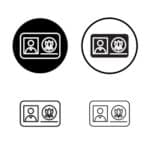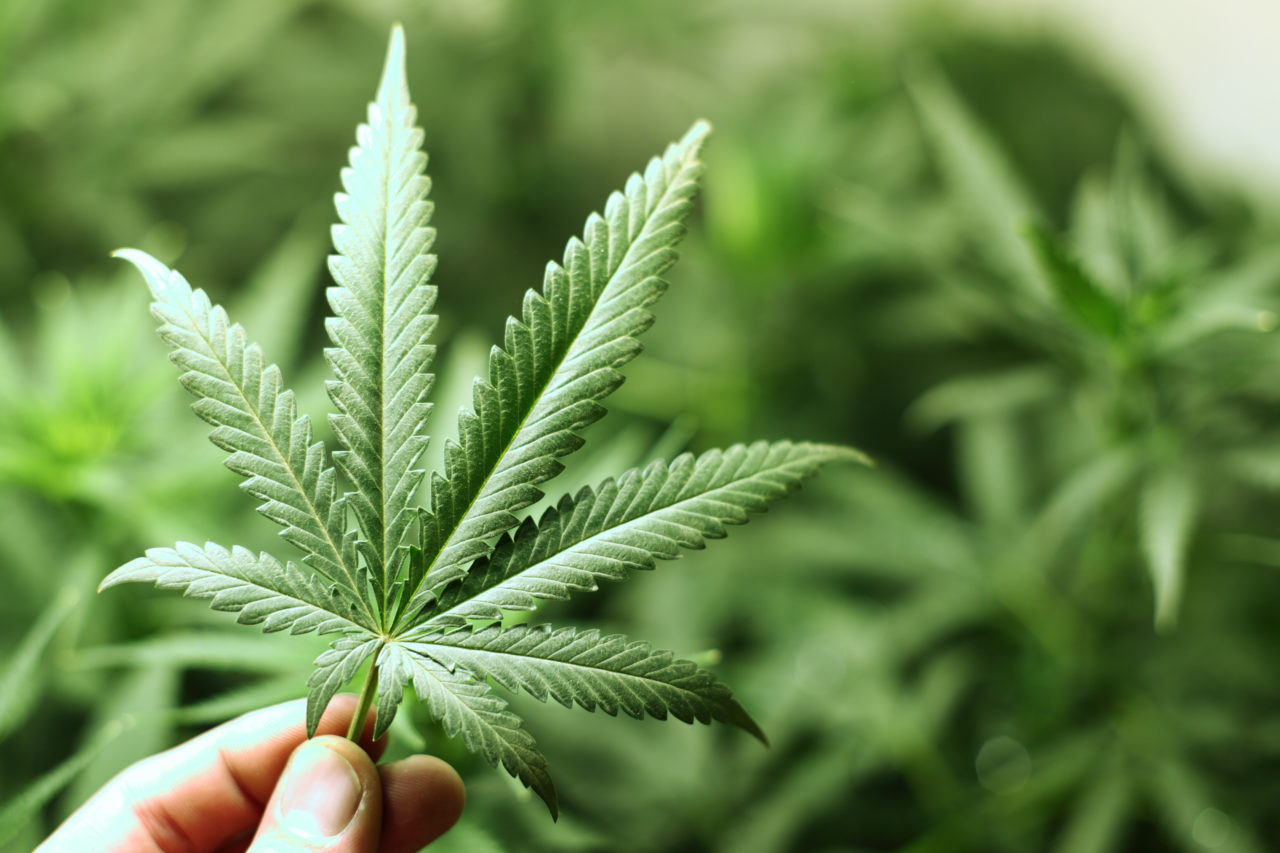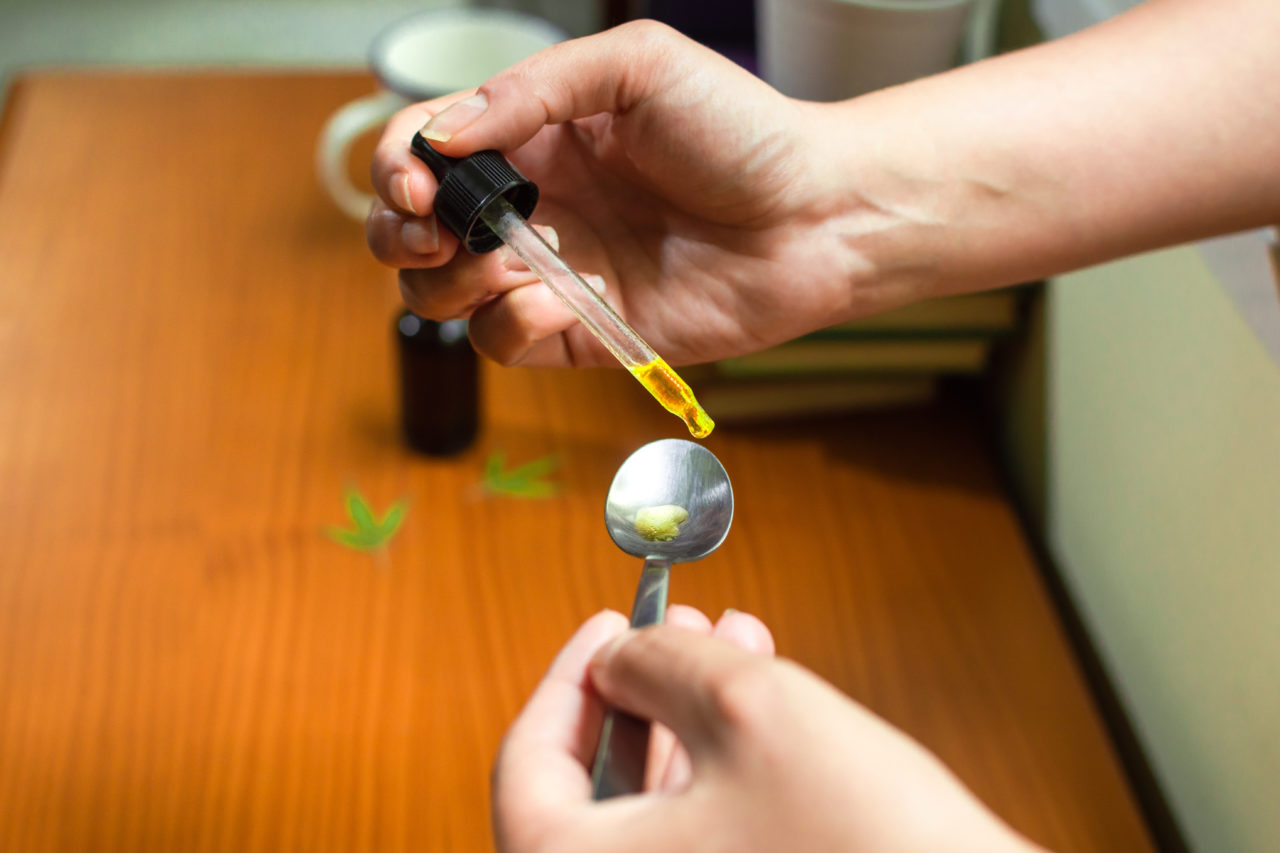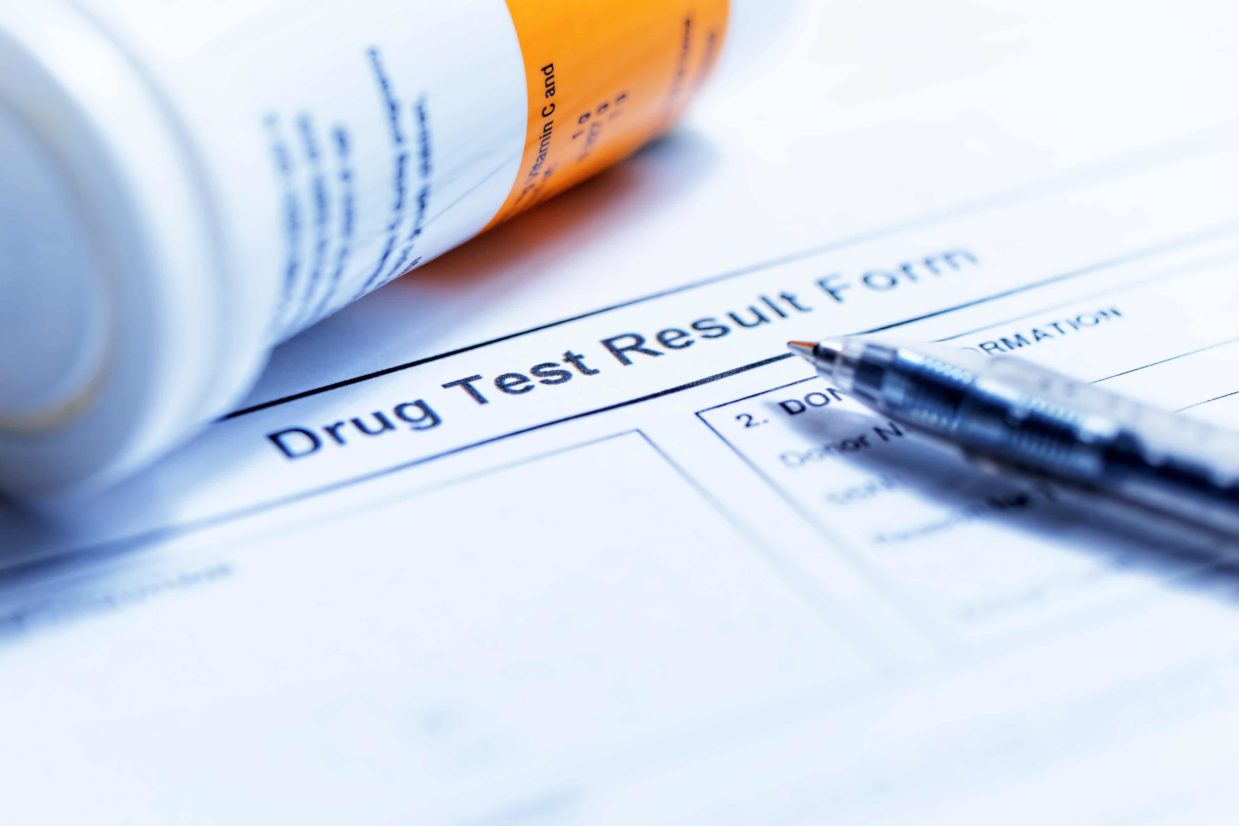The Beehive Farmacy team frequently sees new patients at both our Salt Lake City and Brigham City locations. We see them frequently enough to remind us of just how many new patients are coming online with Utah’s medical cannabis program. Oftentimes, they are unaware of some of the more obscure aspects of our program, like the Compassionate Use Board (CUB) for example.
The CUB is a rather quiet but important player in Utah’s medical cannabis program. We say ‘quiet’ because they are not heard from much. They don’t necessarily do their work in the shadows, but the vast majority of the state’s medical cannabis patients never have to avail themselves of the board’s services. So we hardly ever hear about what they do.
We aim to change that with this post. Continue reading to learn more about what the CUB is, what it does, and why its role in the state’s medical cannabis program is so crucial.
An Appointed Board
We begin with the fact that the CUB is a board made up of individuals appointed by the state. They meet on a regular basis to address certain issues assigned to them by law. The board has three primary responsibilities:
- Minors – The board is tasked with reviewing medical cannabis applications from minors. Under the law, minors are prohibited from consuming cannabis except under limited circumstances. It is the board’s responsibility to look at those circumstances and apply them to individual cases.
- Non-Qualifying Conditions – From time to time, a person without a qualifying condition will still apply for a medical cannabis card. The CUB has a limited amount of leeway to approve such applications. They render decisions based on each case’s individual merits.
- Devices – The board also has the responsibility of reviewing medical cannabis devices and either approving or denying their use for special cases.
Essentially, the CUB exists to address those gray areas within state medical cannabis law. Every law has its exceptions – including Utah’s medical cannabis regulations. The CUB’s main job is to deal with those exceptions.
Who Is on the Board
As previously stated, board members are appointed by the state – specifically the executive director of the Department of Health and Human Services (DHHS). The State Senate must confirm board members. Minimum requirements for board membership include:
- Adequate knowledge of medical cannabis use.
- Licensure as physicians under Utah law.
- Board certification in one of a number of medical specialties.
At least two of the board members must be certified in pediatrics. That makes sense given the fact that the CUB deals extensively with cases involving minors. Also note that the board has seven members at this time.
Other Things to Note
The CUB meets quarterly, at minimum. If the workload warrants, they can meet more frequently. Applicants, legal guardians, and medical providers do not meet with board members in person. Rather, the board reviews submitted information amongst themselves and with authorized department staff. If more information is needed, requests are made.
Board members are compelled to always maintain confidentiality. Any information discussed at meetings cannot be shared outside of the board. As far as application review, the board has up to 90 days to review a completed petition.
Without the CUB, minors and certain adults with a special need for medical cannabis would not have access to it. Though we don’t hear much from the board, the work they do is vital to the health and wellbeing of patients whose voices might otherwise go unheard. We are grateful for the seven individuals who give their time and effort to the CUB.




